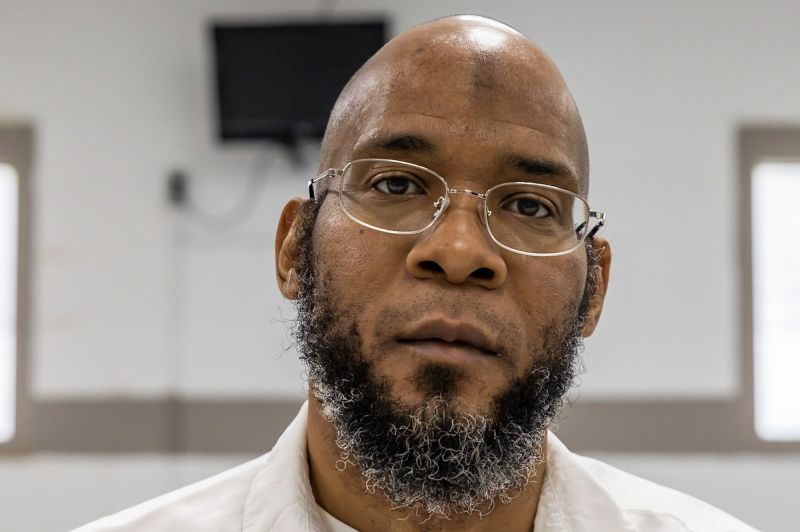
Missouri Supreme Court Declines to Halt Execution of Marcellus Williams Amid Controversy
The case of Marcellus Williams has captured national attention due to serious concerns about his guilt. Williams, convicted for the 1998 murder of Felicia Gayle, a former newspaper reporter, is scheduled to be executed despite lingering doubts about the integrity of his trial and evidence. On Monday, the Missouri Supreme Court and Governor Mike Parson both declined to intervene, leaving Williams’ fate in the hands of the U.S. Supreme Court, with only hours remaining before his scheduled execution by lethal injection.
One of the most striking aspects of this case is the claim that DNA evidence, which could have exonerated Williams, was mishandled by prosecutors. Newly revealed DNA testing suggests that evidence from the murder weapon may have been contaminated by members of the prosecution team, casting serious doubt on the validity of the conviction. St. Louis County Prosecutor Wesley Bell, along with Williams’ defense team, filed a motion to vacate the conviction earlier this year based on these findings, but the request was denied by the courts. Prosecutor Bell, now a congressional candidate, has emphasized that even those who support the death penalty should reconsider when there is a "shadow of doubt" surrounding the defendant's guilt.
Also Read:- NFL Teams Turn Season Around by Avoiding 0-3 Start
- Martinelli Advocates for Vinicius Junior to Win the 2024 Ballon d'Or
The case also involves questions about racial bias in jury selection. During a recent hearing, it was revealed that a juror was possibly excluded based on race, which Williams’ attorneys argue was a key factor in his conviction. However, the courts have dismissed this argument, stating that there is no conclusive evidence that racial bias or other constitutional errors occurred during the original trial.
Despite the gravity of these issues, the Missouri Supreme Court ruled that there was not enough "clear and convincing evidence" to halt the execution. Governor Parson similarly refused to grant clemency, stating that the courts had thoroughly examined Williams’ claims over the years and that the guilty verdict had been consistently upheld.
Williams' case raises significant concerns about the potential execution of an innocent man, highlighting the inherent risks of the death penalty system. Appeals to the U.S. Supreme Court are ongoing, but time is running out as Williams is scheduled to be executed around 6 p.m. CT on Tuesday.
Read More:

0 Comments